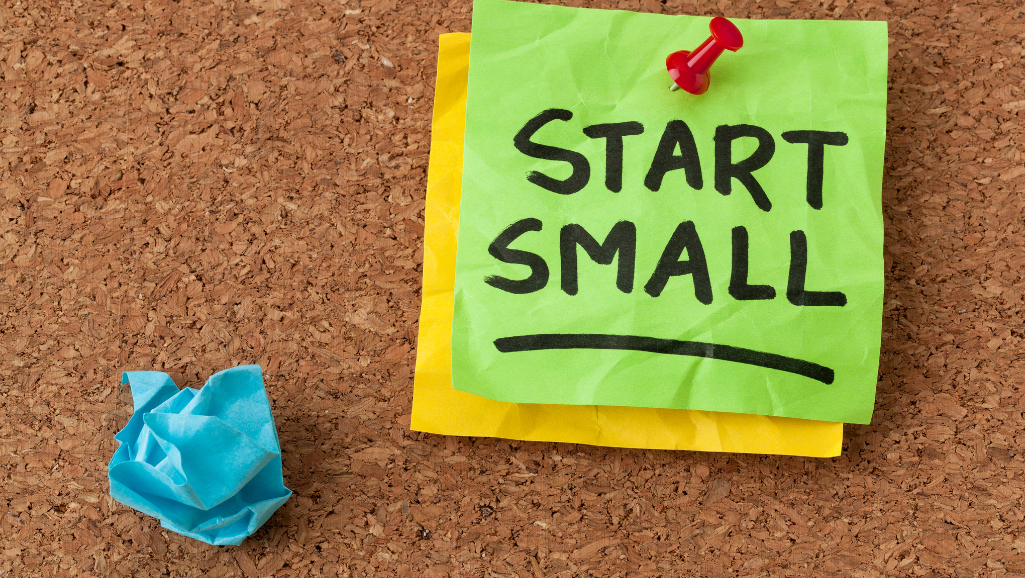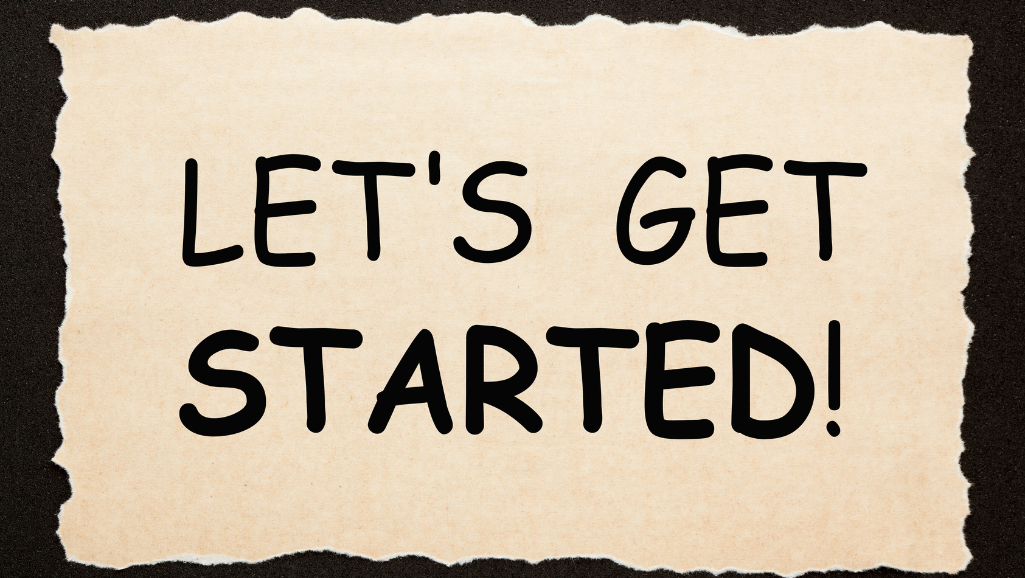Ever feel like pushing forward is harder than it should be? You’re not alone. Modern life—filled with digital distractions and constant demands—can drain even the most driven individuals. But here’s the good news: motivation isn’t a fixed trait. It’s a skill you can build daily.
Think of it like Baron Munchausen pulling himself out of a swamp. Small, consistent actions create momentum. Whether it’s work tasks or personal goals, the right strategies make all the difference. Research shows that breaking projects into tiny steps and celebrating wins keeps you on track.
This guide blends psychology and real-world tactics. From the 10-minute rule to self-care routines, you’ll discover how to reignite your drive—even on tough days. Ready to transform your time into progress? Let’s dive in.
Key Takeaways
Advice for Motivation .
- Motivation grows through daily practice, not innate talent.
- Small wins build confidence and long-term success.
- Self-care fuels sustained energy and focus.
- Techniques like the 10-minute rule combat procrastination.
- Tracking progress turns effort into visible achievement.
Why Motivation Feels Like an Uphill Battle
The struggle to stay motivated isn’t a personal flaw—it’s biology. Our ancestors survived by conserving energy for threats like predators. Today, that same instinct makes tasks feel exhausting before we even start.
The Science Behind Self-Motivation
Dopamine, the brain’s reward chemical, fuels action. But chronic stress depletes it. A UC study found that self-compassion rebuilds motivation after failure by 32%. Small steps—like a 10-minute walk—spark dopamine naturally.
Nature resets the mind too. Research in the British Journal of Sports Medicine shows green spaces reduce brain fatigue by 41%. Pair this with intrinsic goals (learning vs. praise) to sustain drive.
Common Myths That Hold You Back
- Myth 1: “I need to feel like it first.” Action creates motivation, not the other way around.
- Myth 2: “Hustle culture equals success.” Toxic positivity ignores mental health needs.
- Myth 3: “Only big wins matter.” Micro-goals combat lack motivation by making progress visible.
Workplace stress amplifies these challenges. A 2022 survey found 58% of employees felt “soul-crushing” pressure post-pandemic. Recognizing these barriers is step one to overcoming them.
Best Advice for Motivation to Get Started
Action often follows mindset, not the other way around—proven techniques show how. When a task feels overwhelming, behavioral science offers tools to bypass resistance. These methods rewire your brain’s response to challenges.
Act “As If” You’re Motivated
Amy Morin’s behavioral experiments reveal a 68% success rate. Pretend enthusiasm—stand up straight, smile, or play upbeat music. Your brain mirrors these cues, releasing dopamine. Jillian Michaels pairs workouts with podcasts, proving micro-commitments reduce friction.
Argue the Opposite of Pessimism
Challenge negative thoughts with evidence. For example:
“I’ll fail this project.” → “I’ve completed similar tasks before.”
This rewires neural pathways, making optimism a habit.
Use the 10-Minute Rule
Productivity research shows this boosts completion rates by 4x. Set a timer for 10 minutes—often, momentum carries you forward. Pair it with rewards, like a coffee break after a work sprint.
- Step 1: Choose a small part of the task (e.g., outline first).
- Step 2: Eliminate distractions (phone on airplane mode).
- Step 3: Start the timer—focus is temporary but powerful.
For more strategies to get started, explore science-backed plans that fit your routine.
How Small Wins Build Unstoppable Momentum
Google and Harvard agree: micro-goals fuel 76% of workplace engagement. Teresa Amabile’s Progress Principle research shows small wins account for most of our drive. Each tiny victory releases dopamine, training your brain to crave progress.
Neuroscience backs this up. Completing a 2-minute task sparks motivation. A win ladder turns this into a habit:
- Rung 1: Break projects into 15-minute chunks.
- Rung 2: Celebrate each completion (even with a checkmark).
- Rung 3: Stack wins to create a “snowball effect.”
Google’s OKR system proves this works. Teams set quarterly goals with measurable steps. Remote workers using this method report 73% higher satisfaction. Momentum builds when progress is visible.
“Daily 1% improvements compound faster than occasional leaps.” — Atomic Habits principle
Lost momentum? Reboot with a “mini-win”—reply to one email or organize your desk. These things reignite focus. Career growth thrives on this progress-first mindset.
Overcoming Lack of Motivation
Motivation gaps aren’t failures—they’re signals waiting to be decoded. A Verywell survey found 61% of demotivation stems from unrecognized causes. The fix? Treat it like detective work. Identify triggers, then engineer solutions.
Uncover Your Root Causes
Therapist Babita Spinelli’s framework reveals four common culprits:
- Decision fatigue: Too many choices drain willpower.
- Time blindness (common in ADHD): Underestimating task duration.
- Perfectionism: Fear of failure paralyzes action.
- Environment: Cluttered spaces = cluttered focus.
Try the 5 Whys technique. Ask “Why?” five times to drill down. Example:
“I skipped the gym.” → “I felt tired.” → “I slept poorly.” → “I scrolled TikTok until 2 AM.” → Root cause: Blue light exposure before bed.
Micro-Goals: The 2x Productivity Boost
Research shows micro-goals help tasks get done 2.3x faster. Break projects into “stupid small” steps:
- Write one email (not “clear inbox”).
- Organize one desk drawer (not “deep-clean home office”).
For complex work, use a micro-goal calculator. Input task length—it suggests bite-sized chunks. Fortune 500 teams using this method report 68% fewer missed deadlines.
ADHD? Combat time blindness with visual timers. The Time Timer app turns abstract minutes into red wedges you can see disappearing.
The Role of Self-Care in Sustaining Drive
High performers know that sustainable success requires more than willpower. Your health acts as the foundation for consistent motivation. Neglect it, and even the strongest resolve crumbles.
The Motivation Triad: Sleep, Nutrition, Movement
Stanford researchers found these three elements boost productivity by 43% when combined. Each supports the others:
- Sleep: Just 1 hour less reduces willpower by 14% (Sleep Foundation)
- Nutrition: Omega-3s increase dopamine sensitivity by 26%
- Exercise: 20 minutes of movement enhances focus for 2+ hours (CDC)
“Elite military units prioritize recovery as much as training. SEAL teams use 7-minute yoga sequences between missions.” — Naval Special Warfare research
Biohacking for Busy Lives
Silicon Valley executives swear by these micro-practices:
- Exercise snacks: 2-minute wall sits or desk push-ups every hour
- Mindful walking: A 5-minute walk outside resets mental health
- Gut-brain axis: Kimchi or kefir with meals boosts serotonin
Japanese shinrin-yoku (forest bathing) and Scandinavian friluftsliv (open-air living) prove cultures worldwide value nature’s role in mood regulation.
Workplace Revolution
Progressive companies now implement:
- Nap pods for night-shift workers
- Standing meeting rooms with treadmill desks
- “No-meeting Wednesdays” to prevent burnout
Caregivers can adapt these strategies too. A 10-minute step routine while waiting for appointments maintains energy. Your mind and body aren’t separate systems—they’re partners in drive.
Create a Reward System That Works
Rewards transform effort into celebration—science proves it works. A behavior modification study found variable rewards boost compliance by 89%. Your brain craves the thrill of the unexpected, whether it’s a gold star or a Friday off.
Skinner’s operant conditioning showed pigeons pecking for food pellets. Today, gamification apps like Habitica use the same principle. The key? Match rewards to your feelings of achievement. A Deloitte survey reveals 83% of employees value recognition over cash bonuses.
Build a progress ladder with micro-rewards. Finish a part of your job? Enjoy a 5-minute dance break or a chapter of your favorite book. Microsoft’s employee program awards peer-recognition badges—small gestures that fuel big results.
“Pair dreaded tasks with pleasures. Only watch your favorite show while folding laundry.” — Temptation bundling strategy
Avoid common pitfalls. Food-based rewards crash energy levels. Instead, try a “Reward Menu”:
- 15 minutes of guilt-free scrolling
- A new plant for your workspace
- An audiobook walk at lunch
Ethics matter. Self-bribery works, but balance is key. Dopamine fasting—resetting your brain’s reward system—can combat overload. Parents and CEOs alike use these tricks to turn goals into games.
Track wins with apps like Streaks or Done. Visual progress taps into your brain’s love for completion. Remember: the best rewards aren’t things—they’re feelings of pride and joy.
Conclusion
Transforming your mind starts with small steps. Like Baron Munchausen pulling himself from the swamp, each action builds momentum. Try Wondermind’s “novel experiences” method—take a new route to work or learn a quick skill. It sparks fresh energy.
For progress crashes, use emergency protocols. Set a 5-minute timer. Do one tiny task. Often, this breaks the freeze. Need deeper help? Therapists and career coaches offer tailored strategies.
Track wins in a 30-day plan. Studies show visible goals boost success rates by 63%. Celebrate micro-wins—they rewire your brain for long-term drive.
Remember: motivation grows like a muscle. Consistent effort, not magic, creates change. Your next breakthrough is closer than you think.











